IAEA chief calls more interaction with Iran 'important', urges return to negotiating table
The director general of the International Atomic Energy Agency (IAEA) says it is important to keep interacting with Iran despite slim chances of reviving the US-abandoned nuclear deal between Tehran and major world powers.
“Probably there could be a return to the negotiating table, but if the interactions between Iran and the agency are seen or assessed as bad and the cooperation is not good, the chances are zero,” Rafael Mariano Grossi said in an interview with CBC News published on Saturday.
Iranian Foreign Minister Hossein Amir-Abdollahian said on Sunday that the course of Tehran's cooperation with the IAEA within technical frameworks will soon witness great progress.
He said Tehran is exchanging messages with Washington through various channels on the revival of the 2015 nuclear deal and the removal of the US sanctions.
Amir-Abdollahian noted that “a good development has taken place in the course of cooperation” between the Islamic Republic and the UN nuclear agency, noting that Iran had always been critical of IAEA chief Rafael Grossi’s politically-charged approach towards the country and that he has even brought up the issue in a face-to-face meeting with him.
Iran proved the peaceful nature of its nuclear program to the world by signing a nuclear deal in 2015, officially called the Joint Comprehensive Plan of Action (JCPOA), with six world powers. However, Washington’s exit in May 2018 and its subsequent re-imposition of sanctions against Tehran left the future of the deal in limbo.
Negotiations kicked off in the Austrian capital city of Vienna in April 2021, with the intention of removing anti-Iran sanctions and examining the United States’ seriousness in rejoining the accord.
The talks, however, have been at a standstill since August 2022 due to Washington’s insistence on not removing all the sanctions and its failure to offer necessary guarantees that it will not abandon the deal again.
Last week, Iran’s chief nuclear negotiator said the JCPOA revival is possible if the US and the European signatories to the agreement have the will to reach that aim, warning that the opportunity will not last forever.
“The full implementation of JCPOA (with effective sanctions lifting at its core) could be resumed, should the reneging party (and EU/E3) demonstrate credible political will to that effect. No opportunity is forever!” Ali Bagheri Kani, who is also deputy foreign minister for political affairs, tweeted.
Following an anti-Iran resolution last year, Iran turned off 27 IAEA monitoring cameras that were voluntarily installed at the country’s nuclear sites.
Head of the Atomic Energy Organization of Iran (AEOI) Mohammad Eslami said a month later that the IAEA monitoring cameras will remain turned off until the JCPOA is fully restored.
The IAEA has in response criticized the move, claiming it poses a “serious challenge” to the IAEA’s ability to continue its surveillance activities in Iran.
Inspectors “were seriously affected by Iran’s decision,” Grossi wrote in a restricted document circulated among diplomats last week, a copy of which was seen by Bloomberg News.
“Iran has yet to clarify and resolve the outstanding safeguards issues,” Grossi wrote in the 116-page annual Safeguards Implementation Report. “There is important and significant work ahead of us on this matter.”
Back in March, Iran and the IAEA agreed to take steps aimed at facilitating enhanced cooperation and expediting the resolution of outstanding safeguards issues.
The two sides are currently in a dispute triggered by the agency’s Israeli-influenced accusations, which were leveled against Tehran’s peaceful nuclear activities. The IAEA insists to probe into what the agency claims are “uranium traces” found at “undeclared nuclear sites” in Iran.
The issue has emerged as a key sticking point in talks aimed at salvaging the 2015 nuclear deal, which remains stalled since last August. Iran has dismissed the probe as “politically motivated.”
Hamas says Israeli army, settlers coordinating West Bank attacks
Israel says Trump's Gaza oversight panel 'contradicts its policy'
Iran reports record natural gas processing capacity
US judge bars federal agents from pepper spraying, arresting protesters in Minnesota
Another Palestinian baby freezes to death in Gaza as Israeli limits stall winter aid
VIDEO | Australia submits to Mossad
VIDEO | Israel’s yellow line: De facto annexation of over half of Gaza
VIDEO | Press TV's news headlines


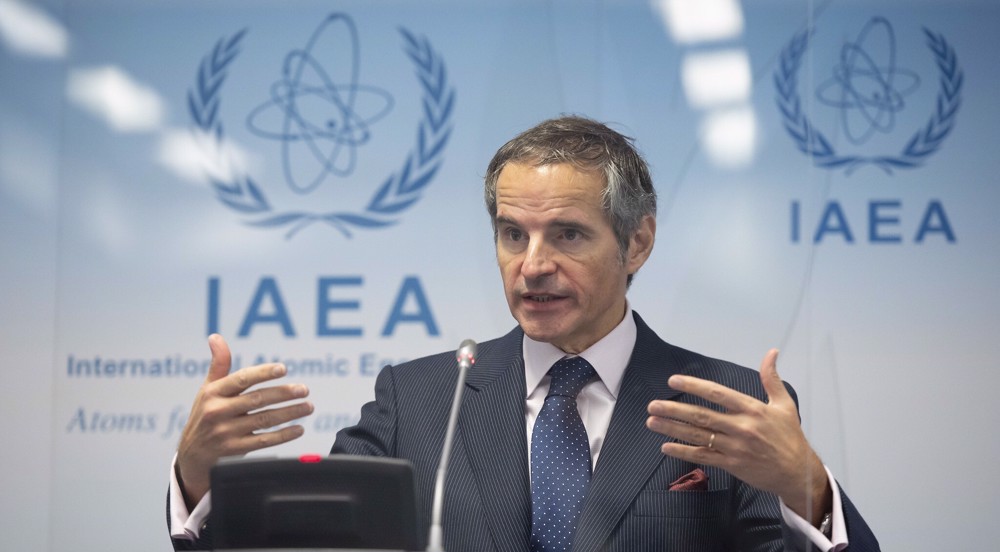
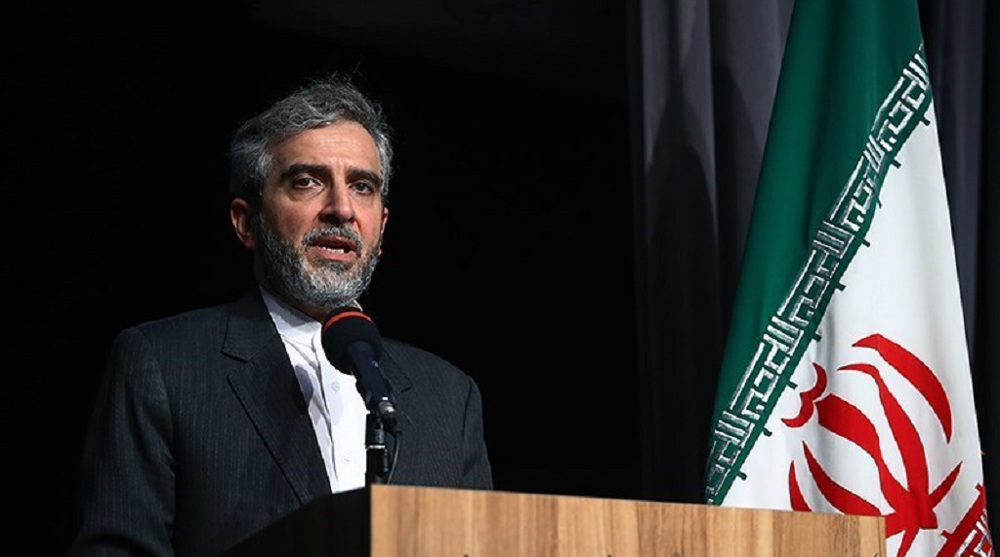
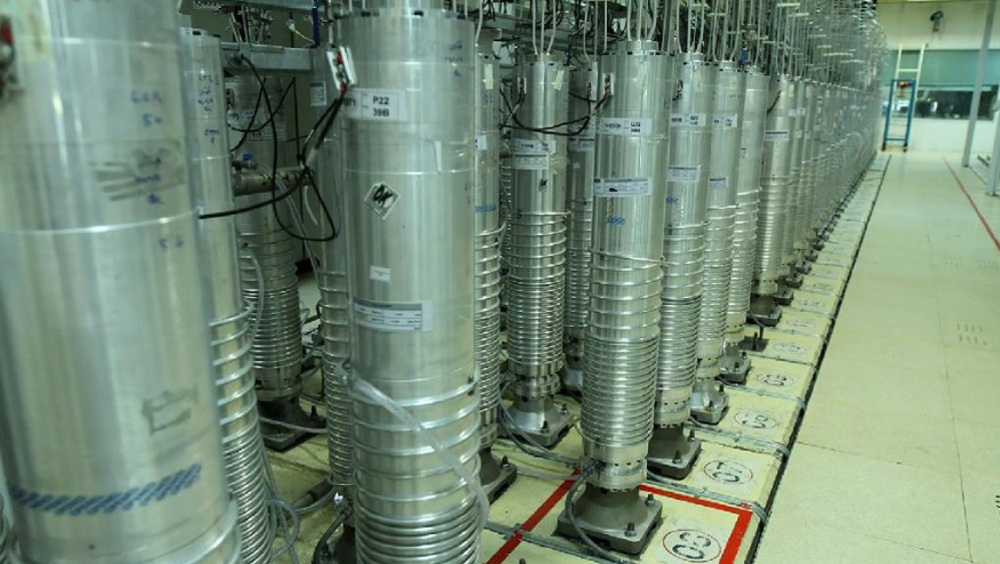

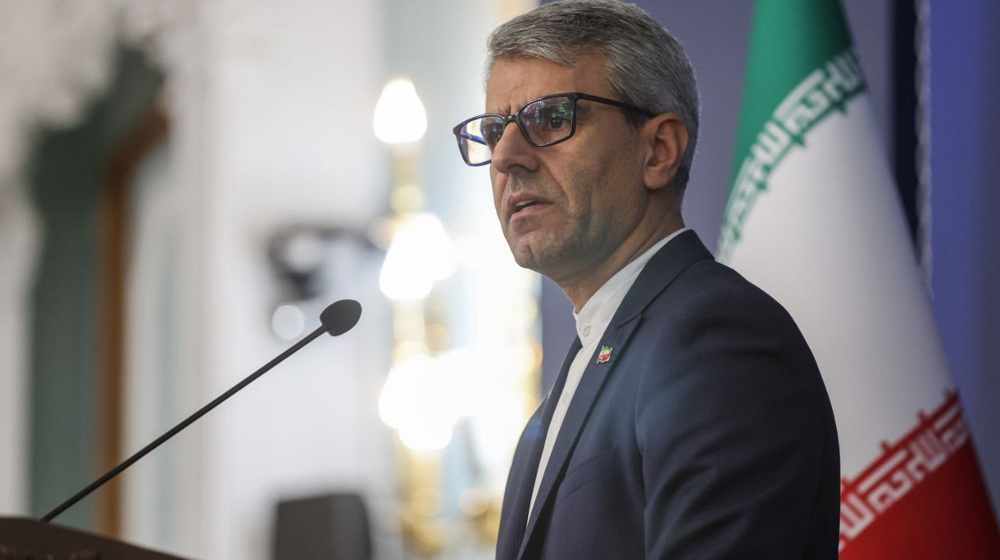
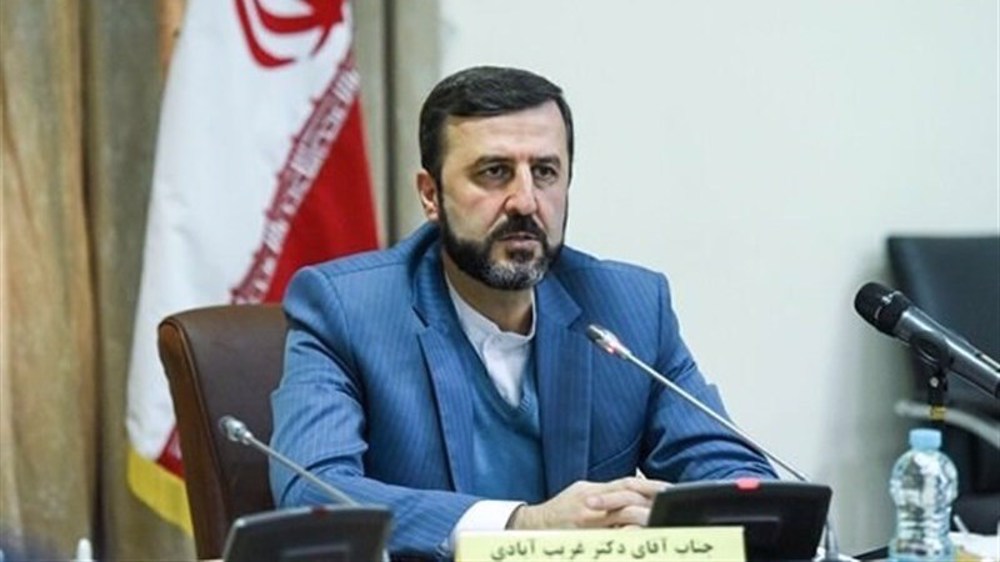




 This makes it easy to access the Press TV website
This makes it easy to access the Press TV website